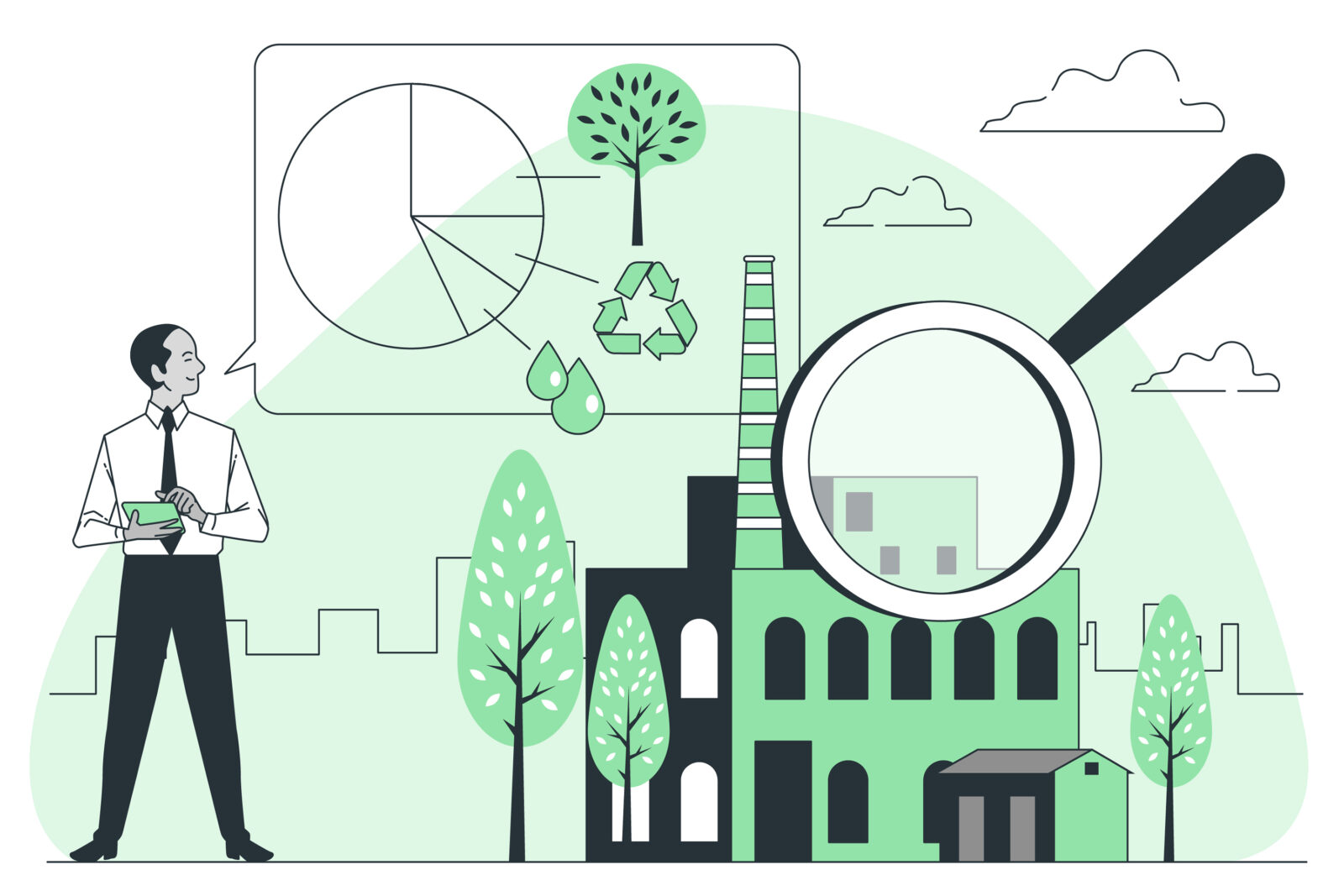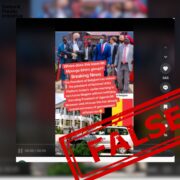Facts Are Needed to Understand Climate Change

To truly comprehend the changes in our climate, it is essential to have reliable and informative facts. Understanding the complexities of climate change is like putting together a puzzle: each piece of information is crucial for forming a clear picture. For example, greenhouse gas emissions, rising temperatures, and sea level rise all play an important role in understanding how climate change is impacting our planet. But don’t worry, the picture might not be so bad—it could just be a giant jigsaw of a tropical paradise!
With the right knowledge, we can work together to make that jigsaw puzzle a reality. I had the honor of being chosen for the Code for Africa Climate Change Fact Checking Fellowship as a fact-checker. I’ve gained knowledge and experience in spotting and dispelling climate change misinformation thanks to this nine-month fellowship in the subject. I published more than 30 fact checks during my fellowship, which helped dispel rumors and falsehoods about climate change in Africa.
My work in locating and obtaining information online and offline was made easier by my early exposure to climate change terms as well as relevant fact-checking tools.
Since most of these claims were to be sourced from our home countries, it was quite difficult for me to get any from Ugandans. This could be attributed to either the lack of concern for climate change among Ugandans or their ignorance of it, in my opinion. Because they attribute climate change to political issues, I could hardly find any Ugandan sources that spread false information on the subject.
According to my observations, South and West Africans are the main propagandists of false information about climate change. This could be explained by the fact that these regions of Africa experience a variety of climate change-related effects. In terms of platforms where most of this information spreads, Twitter takes the lead because it has feeds from Africa. Most are from people in other parts of the world talking about Africa’s climate change. The reason Facebook and TikTok are in second place is because Africans use these two platforms to express themselves in the comment sections of various posts. Most of the comments are coordinated.
I’ve improved my skills in data visualization and data interpretation. This has really helped me understand numbers and debunk misinformation spreading through numbers. For example, I did a fact check where someone manipulated a graph and people couldn’t understand it. In the end, the graph spread misinformation.
One of the biggest challenges I faced during the search for information was finding almost no or no data about climate change in our local datasets. These datasets included those from government websites and university research, among others. In most cases, I had to rely on information from international bodies working on climate change. They act like they like the United Nations’ climate committees, the World Health Organization, the World Meteorology Organization, and NASA reports, among others.
Sorting through the data to identify credible sources and scientific evidence was not easy. However, I learned to rely on reputable sources such as peer-reviewed scientific journals, government reports, and academic studies. I also learned to verify information by cross-checking it with multiple sources and subjecting it to rigorous fact-checking standards.
Another challenge was dealing with climate change’s emotional and political nature. Many people have strong beliefs and opinions on this issue, and this can make it difficult to engage in constructive conversations. However, I learned that by staying objective and sticking to the facts, it is possible to have productive discussions and correct misinformation.
One of the key takeaways from my fellowship was the importance of transparency in fact-checking. By explaining the steps taken to verify information and providing clear evidence to support conclusions, readers can build trust with one another. This will promote accurate climate change reporting.
Overall, my fellowship on climate change fact-checking has been an eye-opening experience. I have learned to navigate complex information and identify credible sources, as well as communicate with people with different views and beliefs. By continuing to apply the skills and knowledge acquired during the fellowship, I hope to contribute to the fight against climate change misinformation. I also hope to promote accurate reporting on this critical issue.
2021 Africa Check Award-winning Fact-Checker, Media Challenge Initiative Fellow class of 2020, 2022 Code For Africa and International Fact-Checking Network Climate Change Fact-Checking Fellow, 360 Digital Sherlock, trained by the Atlantic Council’s Digital Forensic Research Lab in open-source intelligence.







